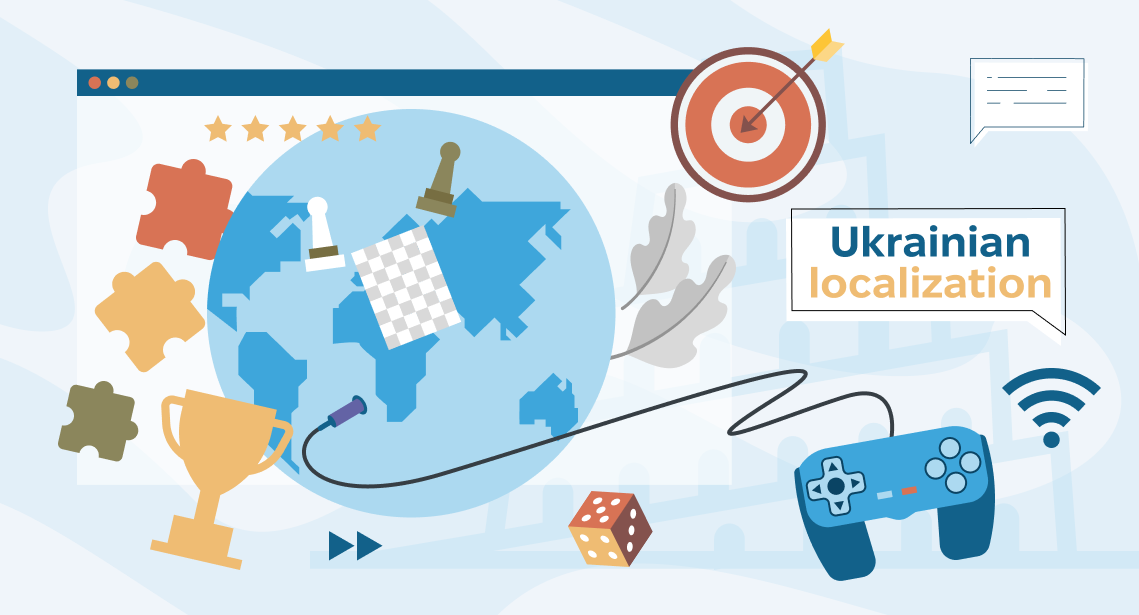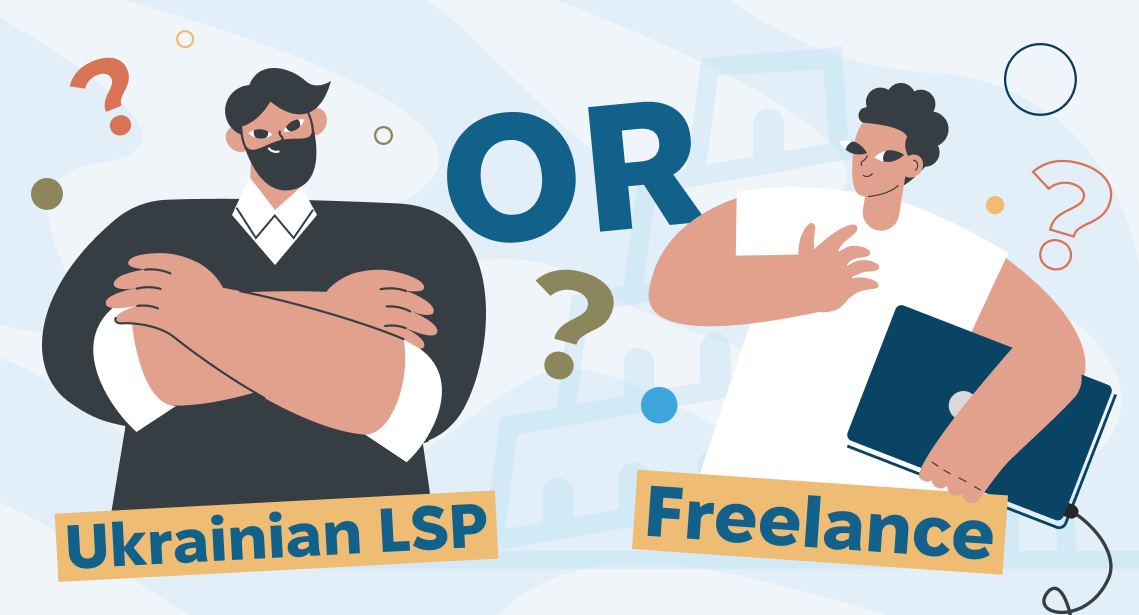Ethical Constraints of Ukrainian Translation Agencies

With the beginning of Russia’s full-scale war against Ukraine, translation industry in Ukraine has faced new ethical constraints and dilemmas, which have become a near-daily challenge.
A Straight-out “No” to Orders from Government and Businesses of Russian Federation
The rationale behind this approach is clear: it is immoral to work for those involved in attempting to destroy Ukraine. Additionally, under Ukrainian law, such actions may result in criminal liability. Moreover, fulfilling such orders demoralizes the individuals performing the work and undermines morale and motivation in the long term.
As a result, any Ukrainian translation agency with self-respecting owners or management will refuse orders where it is evident—or even suspected—that the end client is from the Russian Federation. This applies even if the direct client is a company from the USA or the United Arab Emirates. If the text reveals that it is propaganda material or a contract between a Russian company and another entity, the source is obvious.
Unfortunately, Ukrainian agencies still find themselves needing to explain this reasoning to some Western partners.
The Russian Language
Many people outside Russia speak Russian, so not all translations into Russian are intended for the Russian Federation. Even in Ukraine, a significant part of the population continues to use this language daily.
Many Western clients requiring translations into Russian deliberately avoid working with translators in Russia due to sanctions or ethical considerations. Your refusal to accept such orders could inadvertently push these clients toward working with translators in Russia, thereby financing the Russian economy and, by extension, the war.
Thus, the principal distinction must not be the language itself but its association with the state known as the Russian Federation. Supporting Russian companies or the government through translations is unacceptable. At the same time, it is crucial to ensure that orders are not handled by translation companies operating within Russia.
Ambiguous Cases
Some orders may not be what they initially appear to be. For instance, the translation of a decree from the Prosecutor General’s Office of the Russian Federation might not be commissioned by the prosecutor’s office itself but by an Austrian court handling a case involving the document. Similarly, a translation into Russian might be requested to train artificial intelligence developed by an American company.
Even translating propaganda materials from a Russian television program could serve the purpose of helping Western audiences understand how they are perceived in Russia and what intentions may be held against them.
Therefore, when placing such orders, it is essential to explain to the Ukrainian provider the purpose and intended audience of the translation to avoid a quick and categorical refusal. Likewise, managers at translation agencies should provide their vendors with sufficient context to help them make informed decisions.
Conclusion
The main ethical principles guiding Ukrainian translation agencies are: a categorical refusal of orders associated with the Russian government or businesses, and a clear distinction between the Russian language itself and support for the Russian Federation. Ukrainian agencies aim to avoid supporting the Russian economy and war while maintaining an ethical approach in complex and ambiguous cases. To prevent misunderstandings, clients are advised to clearly communicate the purpose of their translations, fostering mutual understanding and promoting responsible business practices.




